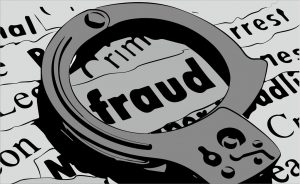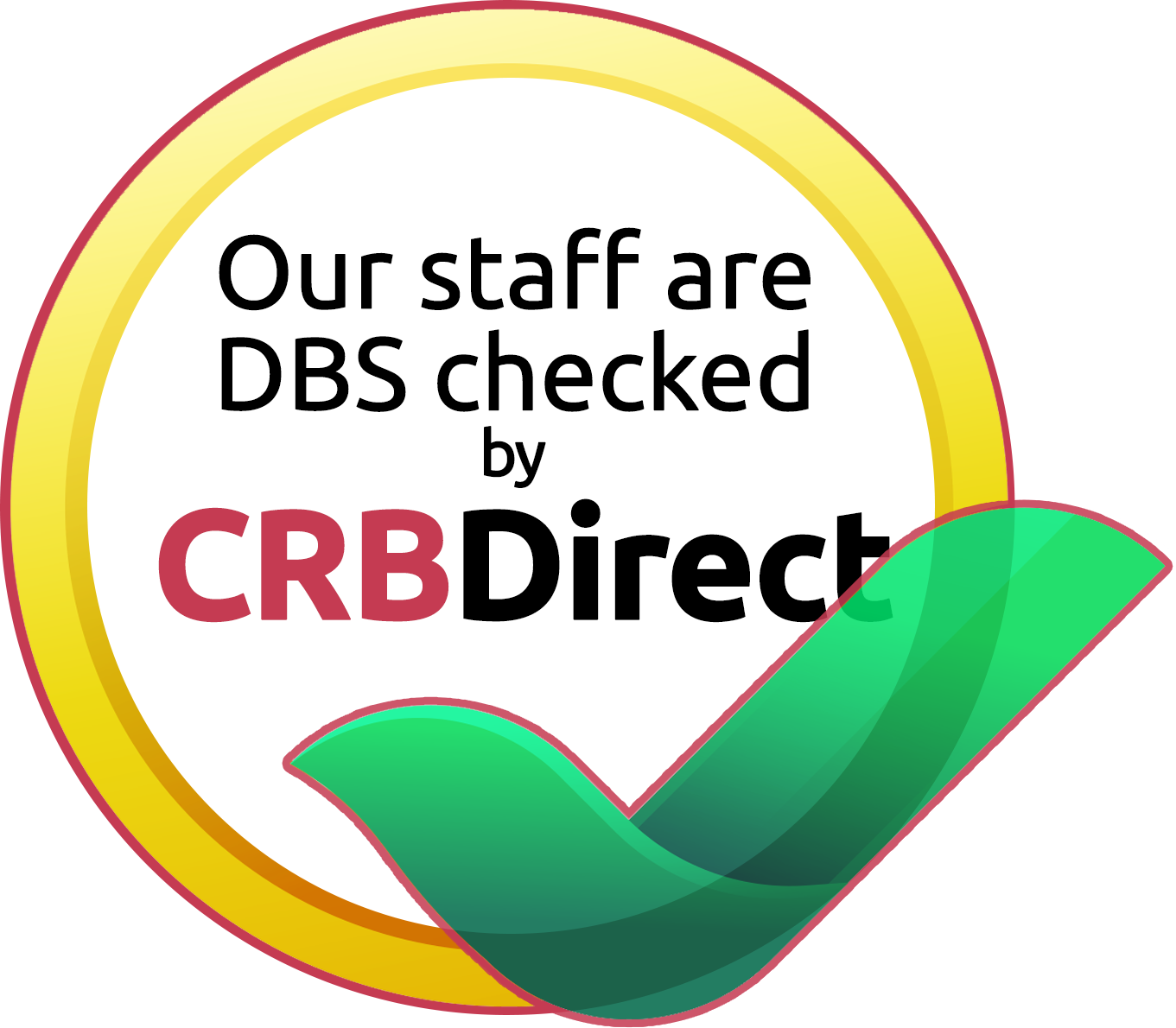We have a huge charity sector in the UK. In general, it’s a sector we can all be very proud of. People up and down the country give their time to support a cause they feel passionate about. Charities work in practically every community and with all types of people. However, there is a growing concern about internal fraud within charities. Could our favourite charities be doing more to protect our donations?
What is internal fraud?
 Also known as insider fraud, the definition is: “fraud is committed by someone involved with the charity, whether a trustee, an employee or volunteer”. It doesn’t refer to people setting up bogus charities to con people out of money – that’s a different matter. This is more about fraudsters infiltrating trusted, established charities. Once inside, they can use their access to steal or move money into their own bank accounts. With an annual income in the UK alone of £76 billion, you can easily see why charities are an attractive prospect to criminals.
Also known as insider fraud, the definition is: “fraud is committed by someone involved with the charity, whether a trustee, an employee or volunteer”. It doesn’t refer to people setting up bogus charities to con people out of money – that’s a different matter. This is more about fraudsters infiltrating trusted, established charities. Once inside, they can use their access to steal or move money into their own bank accounts. With an annual income in the UK alone of £76 billion, you can easily see why charities are an attractive prospect to criminals.
In 2018 the Charity Commission in England and Wales published a report into internal fraud. There were some interesting findings. Firstly, the overwhelming majority of frauds were committed by an employee, or a trustee. Furthermore, the reasons for this fraud were simple. Either the charity had recruited someone who had done the same thing before, or they were not properly supervised in their work.
Charity Recruiting
The Charity Commission makes several recommendations when it comes to minimising risk. At a very basic level, it was found that many charities aren’t chasing references or running credit checks. Of course it would be overkill to run a full barrage of checks on every volunteer. But when charities are recruiting chief financial officers or similar, it pays to do your research.
If you’re applying for a “head office” job in a charity, or applying to manage a charity shop, many of the big charities have got up to speed with the pre-employment checking. As well as the usual checks on your nationality and right to work, you can expect other checks too. References should be checked, and this could mean the whole recruitment process takes a bit longer. It also means that the onus is on candidates to be honest.
Don’t say that you managed an entire charity shop single handed, when in fact you were only in one afternoon a week. Charities are getting wise to the issues of people telling fibs on their CV, so should be checking everyone fully. Don’t be offended if you’re asked to bring a degree certificate to interview, or prove that you are indeed a chartered accountant. Charities have to protect themselves by vetting everyone.
Can’t we just do DBS checks on everyone?
It seems simple to make a DBS check compulsory for everyone working in the charity sector. Of course, many charity workers have a DBS certificate already. This is especially true for people working with elderly people or children. However, there are a few problems with this idea. Firstly, the Charity Commission report showed that charities don’t always report internal fraud to the police. Charities want to avoid bad publicity, so allow the fraudster to quietly leave. In these situations, the police won’t have any information to put on the computer. Any subsequent DBS check would be clear. Furthermore, not all charity jobs qualify for a DBS certificate at a more detailed level anyway. DBS certificates have their place, but aren’t a substitute for robust recruitment processes.
What else can be done to minimise internal fraud?
There’s lots of other things which charities should be doing to reduce fraud too. The Charity Commission has lots of recommendations. Lots of charities are doing some of this already. The recommendations include:
- clearly state financial controls and get all staff to agree to them
- set up a “whistleblowing” system and encourage staff and volunteers to raise concerns
- appoint someone with responsibility for tackling fraud
- train staff and volunteers on internal fraud and what to look out for
- get your charity audited independently to assess risk
- try to implement an anti-fraud culture
- if fraud someone does find out about a fraud, tell the police or Action Fraud immediately. Don’t just let fraudsters slip away and secure a position somewhere else to do the same thing.
